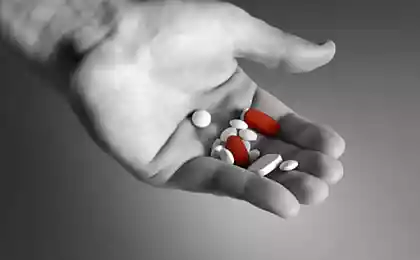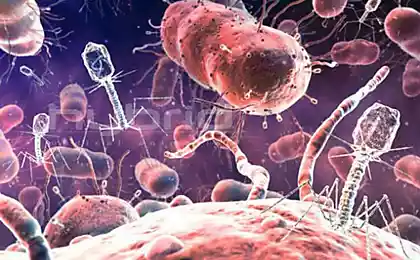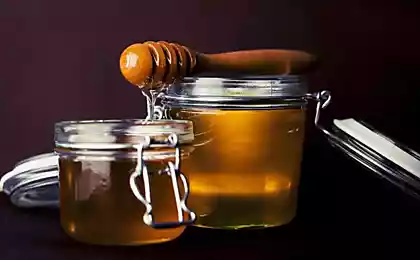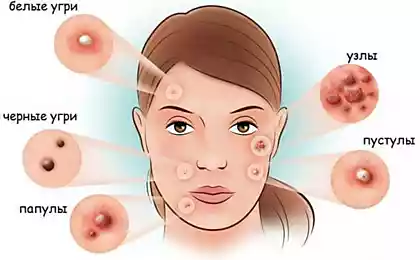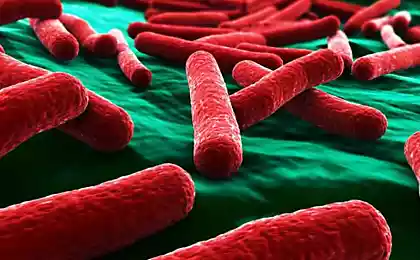450
Scientists: honey is better than antibiotics
Scientists have long known this fact: bacteria are less and less responding to the antibiotics. At the 247th meeting of a major scientific society American Chemical Society (ACS) in Dallas published the results of a new study on antibiotics and ways to deal with the so-called antibiotic resistance. Scientists led by Susan Meschwitz (Susan M. Meschwitz) from Salve Regina University in Newport came to the conclusion that the substance is able to stop or slow down tolerance to the antibiotics contained in... honey. This product contains substances capable of reducing the resistance of bacteria to antibiotics and to help the patient in speedy recovery.
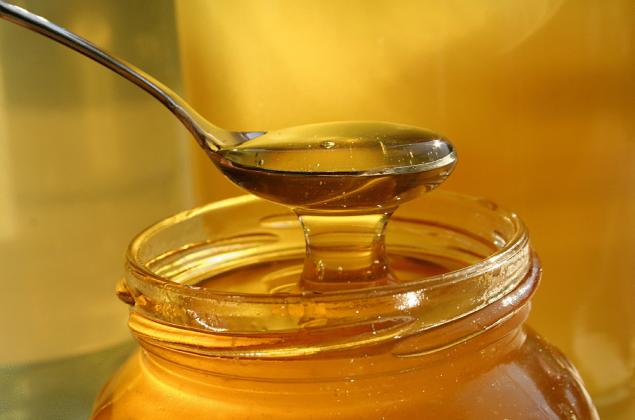
Medications, which include antibiotics affect bacteria and block them. And that slows down the disease and in some cases helps to recover. But many bacteria have already become resistant to antibiotics.
The mechanism of action of honey on pathogenic bacteria of the other: the composition of honey contains an enzyme that produces a peroxide, it weakens and kills bacteria. Active components of honey are organic acids (n-Komarova, ellagic, coffee and other acids), many flavonoids that have an antioxidant effect on the body. Scientists also know that unlike antibiotics, the honey contains a high concentration of sugars and polyphenols, which pull water from pathogenic bacteria, weakening and even killing them.
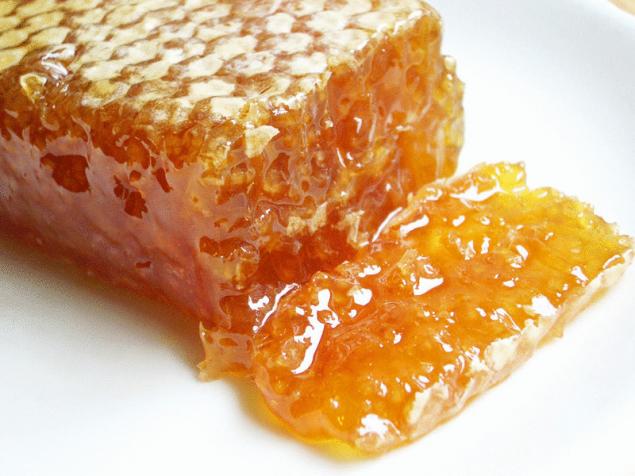
Researchers under the leadership of Susan Meschwitz found that honey is more and suppresses bacteria have quorum sensing – the ability to interact and form a film. Thus, bacteria can actively produce the toxins that actually decreases the ability of bacteria to cause disease. Moreover, "one by one" bacteria more sensitive to antibiotics, and disease is easier to cope with. Thus, according to the researchers, the unique property of honey is that it fights bacteria on several levels simultaneously, which prevents the bacteria to develop resistance.
Source: babyreporter.eu

Medications, which include antibiotics affect bacteria and block them. And that slows down the disease and in some cases helps to recover. But many bacteria have already become resistant to antibiotics.
The mechanism of action of honey on pathogenic bacteria of the other: the composition of honey contains an enzyme that produces a peroxide, it weakens and kills bacteria. Active components of honey are organic acids (n-Komarova, ellagic, coffee and other acids), many flavonoids that have an antioxidant effect on the body. Scientists also know that unlike antibiotics, the honey contains a high concentration of sugars and polyphenols, which pull water from pathogenic bacteria, weakening and even killing them.

Researchers under the leadership of Susan Meschwitz found that honey is more and suppresses bacteria have quorum sensing – the ability to interact and form a film. Thus, bacteria can actively produce the toxins that actually decreases the ability of bacteria to cause disease. Moreover, "one by one" bacteria more sensitive to antibiotics, and disease is easier to cope with. Thus, according to the researchers, the unique property of honey is that it fights bacteria on several levels simultaneously, which prevents the bacteria to develop resistance.
Source: babyreporter.eu
Sport allows children to avoid many diseases
Scientists have made a breakthrough in curing paralysis




